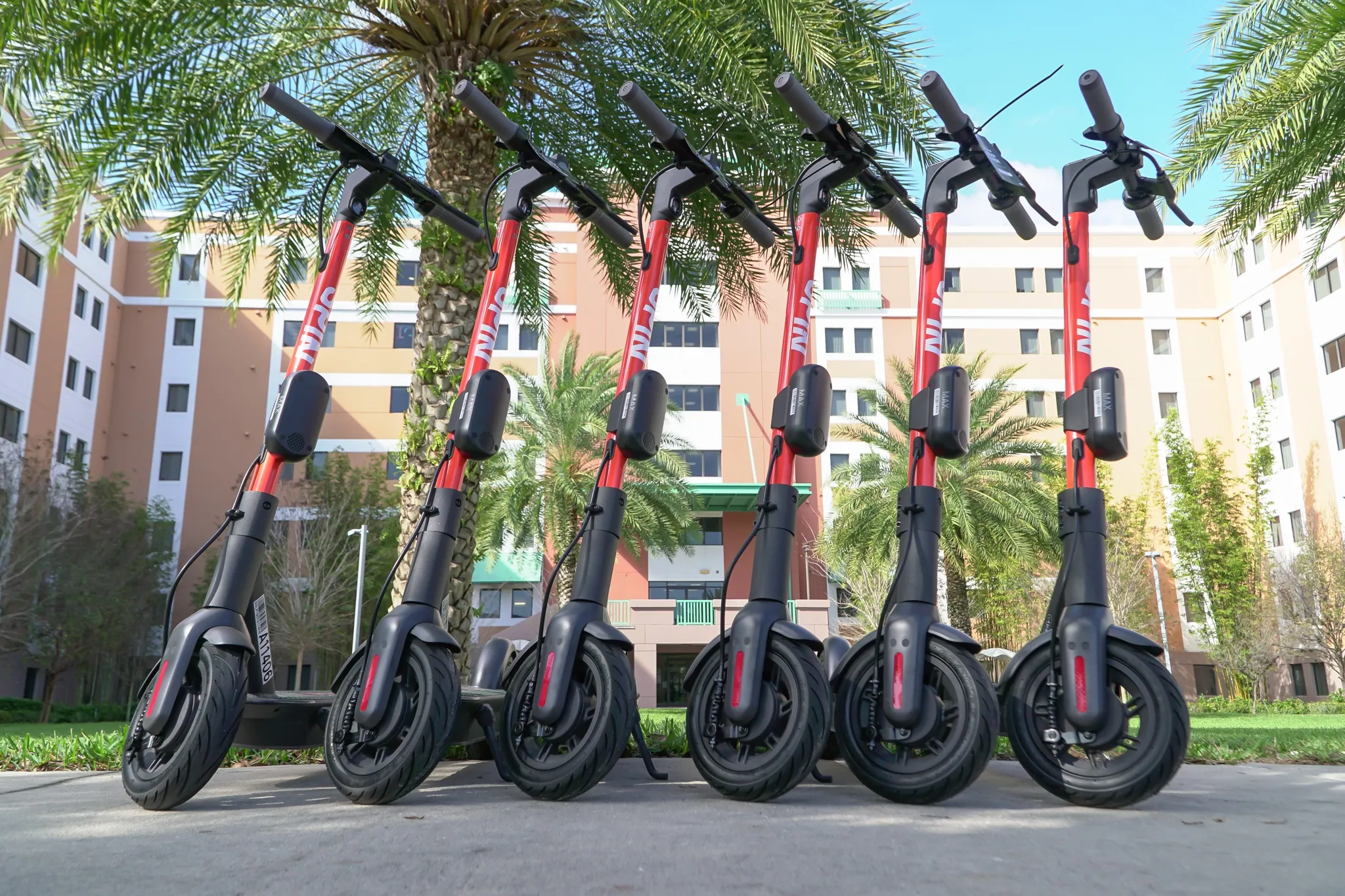According to news reports, UK Chancellor George Osborne is expected to announce funding for driverless truck trials on the M6 motorway when he delivers his budget this month.
A stretch of the M6 near Carlisle has reportedly been earmarked for the trials, which could see platoons of up to ten driverless lorries take to the road as the government pushes ahead with next-generation transportation in a bid to reduce congestion and journey times.
The trucks would each have a driver in the cab as a safety me
March 7, 2016
Read time: 2 mins
According to news reports, UK Chancellor George Osborne is expected to announce funding for driverless truck trials on the M6 motorway when he delivers his budget this month.
A stretch of the M6 near Carlisle has reportedly been earmarked for the trials, which could see platoons of up to ten driverless lorries take to the road as the government pushes ahead with next-generation transportation in a bid to reduce congestion and journey times.
The trucks would each have a driver in the cab as a safety measure and to take control in the event of an emergency, but the convoy would be controlled by the driver in the lead vehicle, who would control steering, acceleration and braking of the fleet.
However, Paul Watters, head of roads and transport policy for the AA, told the Daily Telegraph that there are many obstacles ahead of achieving the driverless ‘utopia" on the roads.
He said: "Convoys of driverless lorries and motorists will certainly be very nervous about the prospect and will need considerable reassurance that it will be safe. Motorways are pretty congested in the UK, they are about the most congested in Europe, and there will be problems in how they access and exit the roads."
He explained that a procession of driverless lorries could block slip roads, meaning they would have to use the offside lane. "There are lots of logistical problems," he added.
A stretch of the M6 near Carlisle has reportedly been earmarked for the trials, which could see platoons of up to ten driverless lorries take to the road as the government pushes ahead with next-generation transportation in a bid to reduce congestion and journey times.
The trucks would each have a driver in the cab as a safety measure and to take control in the event of an emergency, but the convoy would be controlled by the driver in the lead vehicle, who would control steering, acceleration and braking of the fleet.
However, Paul Watters, head of roads and transport policy for the AA, told the Daily Telegraph that there are many obstacles ahead of achieving the driverless ‘utopia" on the roads.
He said: "Convoys of driverless lorries and motorists will certainly be very nervous about the prospect and will need considerable reassurance that it will be safe. Motorways are pretty congested in the UK, they are about the most congested in Europe, and there will be problems in how they access and exit the roads."
He explained that a procession of driverless lorries could block slip roads, meaning they would have to use the offside lane. "There are lots of logistical problems," he added.









